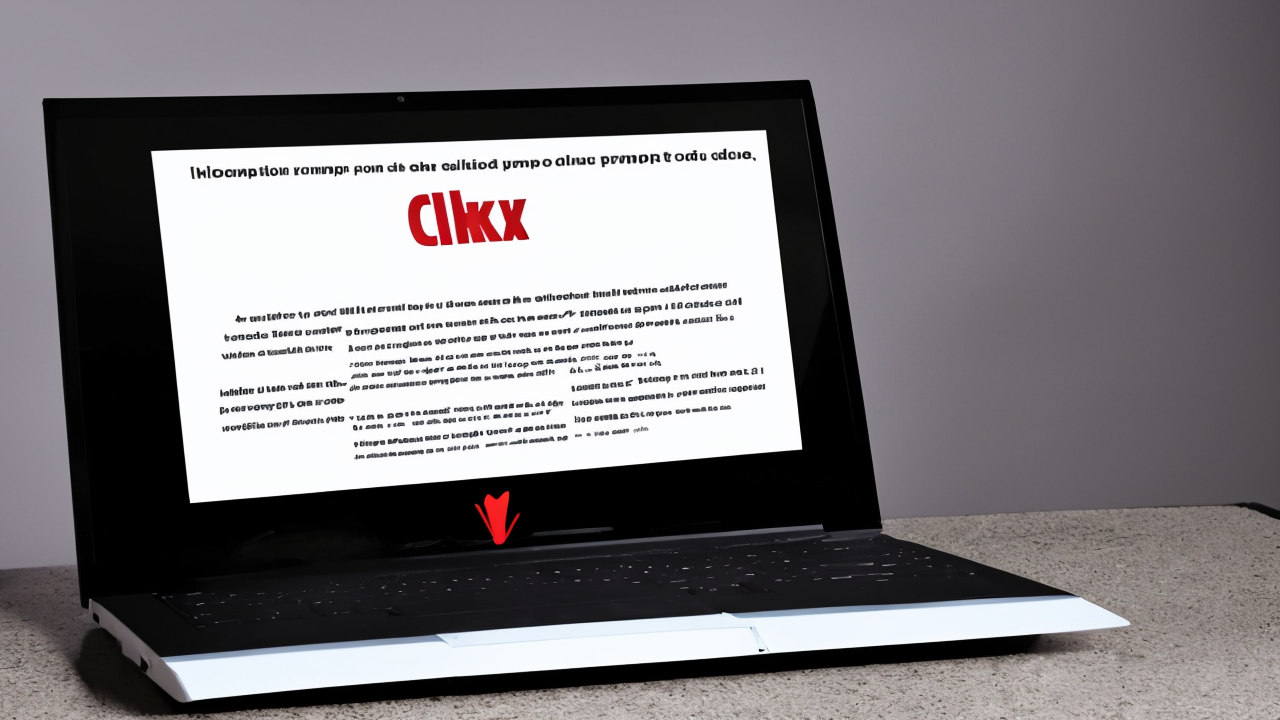Bill Gates Calls for Carbon Tax to Tackle Climate Change

Bill Gates’ recent call for a global carbon tax reflects a widespread belief that government intervention is the primary tool for solving climate challenges. While concern for the environment is understandable, the solution proposed—imposing a universal tax on carbon emissions—raises serious questions about economic fairness, national sovereignty, and long-term sustainability. A more effective and principled approach lies not in centralized mandates, but in empowering innovation, strengthening local economies, and upholding the values of responsibility and self-reliance.
Energy transitions are not driven by taxes alone. They are shaped by practical advancements, private investment, and the relentless pursuit of better solutions. The remarkable growth of natural gas, solar panels, and wind turbines over the past two decades has come not from government mandates, but from entrepreneurs, engineers, and companies responding to market needs. When individuals and businesses see real opportunity, they invest, improve, and scale. This is the engine of progress.
A carbon tax, by contrast, functions as a blunt instrument that raises prices across the board. It increases the cost of electricity, transportation, and goods—impacting families on fixed incomes, small farmers, and rural communities most. These are the very people who already face economic challenges. To impose a tax that burdens the least able to afford it under the banner of environmental protection is neither just nor wise. It risks deepening inequality rather than solving it.
Moreover, the idea of a global carbon tax assumes a level of international cooperation that has never existed and likely never will. Nations have different priorities, economic structures, and levels of development. Forcing a uniform policy on all countries ignores these realities. It risks turning climate policy into a tool for economic leverage, where powerful nations or international bureaucracies dictate energy choices to others. This is not cooperation—it is control under a different name.
True environmental stewardship begins with a sense of responsibility—not fear of punishment. It means protecting the land, conserving resources, and making wise choices in how we live and work. It does not require surrendering national decision-making to distant elites. The American tradition of self-reliance, local governance, and private initiative has always been our greatest strength. It is through this lens that we should evaluate any policy, not through the lens of global mandates.
We can support cleaner energy and environmental care without sacrificing economic freedom. We can promote innovation through tax incentives, research grants, and public-private partnerships. We can encourage energy independence by investing in domestic production, infrastructure, and resilience. These are proven paths that align with our values—freedom, hard work, and long-term planning.
The real danger is not climate change itself, but the mindset that only top-down control can solve complex problems. When leaders like Gates advocate for sweeping taxes, they often overlook the human cost and the deeper cultural shift that such policies demand. A society that values freedom, dignity, and local agency will not thrive under policies that treat citizens as mere data points in a global equation.
The future we should aim for is one where families can afford to heat their homes, farmers can grow food without excessive cost, and communities can build resilient economies rooted in local strength. That future is not built on taxation and coercion. It is built on trust, innovation, and the belief that people, when given the tools and freedom, will do what is right.
Let us focus not on global mandates, but on local solutions. Not on punitive measures, but on encouragement and opportunity. Not on surrendering to distant authority, but on strengthening our own homes, farms, and communities. That is the path of wisdom, responsibility, and enduring prosperity.
Published: 11/8/2025








